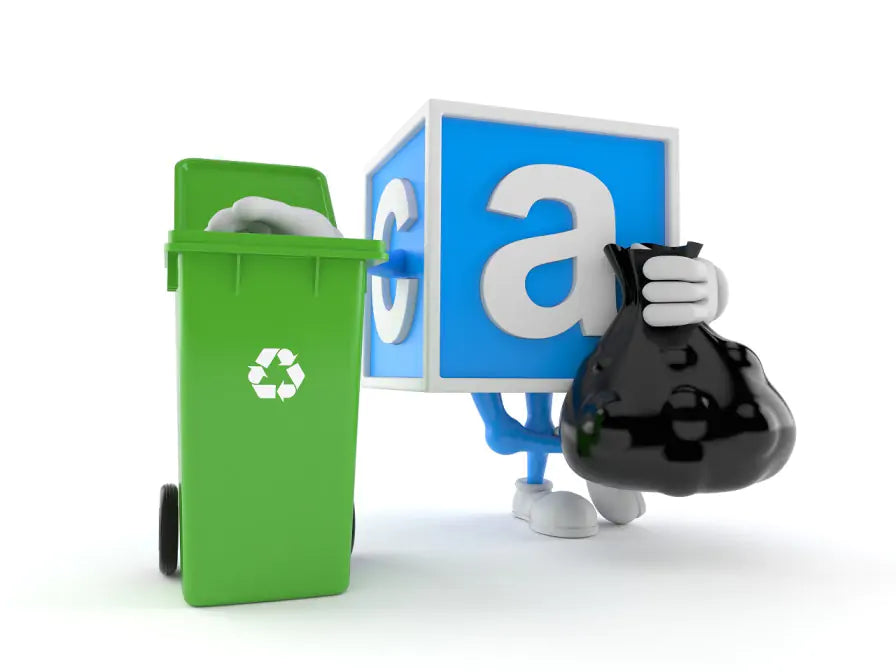Why not add these to compliment your wheelie bins?
Your basket is currently empty.
Shop NowWe guarantee to have the lowest price! Find the same bin for a cheaper price and we will beat it!

In this series of blogs, we’re going to look at rubbish. From the good, to the bad and downright ugly, we’ll be looking at everything you ever wanted to know, from A right down to Z.

We all know about the terrible effects that cigarettes can have on physical health, but did you know about the extent of the environmental damage that cigarette litter can cause?
Get clued up and read our guide on what makes cigarettes so bad for the environment.
They contribute to deforestation
Large forests have been cleared to make way for tobacco plantations and this has resulted in a loss of biodiversity, soil erosion, and global warming. Estimates have suggested that one tree is felled for every 300 cigarettes that are made. Not only that, wood is burned in the fires that are used to dry out the tobacco leaves.
Cigarette production generates toxic waste
Growing tobacco and producing cigarettes produces a lot of harmful toxic waste. Much of this can find its way into waterways and the soil where it can be harmful to humans, plants, and animals for many years.
Cigarette production and tobacco farming creates air pollution
Cigarette manufacturing creates a lot of air pollution as does second-hand smoking itself. The fires and furnaces used to cure tobacco release noxious chemicals into the air, and obviously, shipping tobacco products globally contributes to carbon emissions.
Tobacco farming and discarded cigarette butts causes soil and land pollution
Chemical pesticides and fertilisers are used during the tobacco growing process. These chemicals can accumulate in the soil and affect its health, often making the land unsuitable for any other crops. As well as this, when cigarettes are discarded, they can take many years to decompose. The filters pose a particular problem. The are made from cellulose acetate, which is derived from plastic. They can be broken down by UV light but this process can take a long time, and all the while, they’ll be releasing toxins into the soil.
Smoking contributes to air pollution
Carbon dioxide, methane, and other toxic chemicals are present in cigarette smoke and this causes air pollution. It’s estimated that smoking causes the release of almost 2.6 billion kg of carbon dioxide and 5.2 billion kg of methane into the air every year.
Cigarettes can contaminate waterways
When cigarettes are put down drains or washed down into drains by the rain, they can end up in our waterways and on our beaches. Cigarette butts outnumber most other types of litter on many beaches and they can cause harm to marine life, especially birds and fish who might mistake them for food.
They are a leading cause of forest fires
Discarded cigarettes are a leading cause of forest fires which cause the deaths of people and animals, loss of homes and wildlife habitats, air pollution, and a loss of biodiversity.